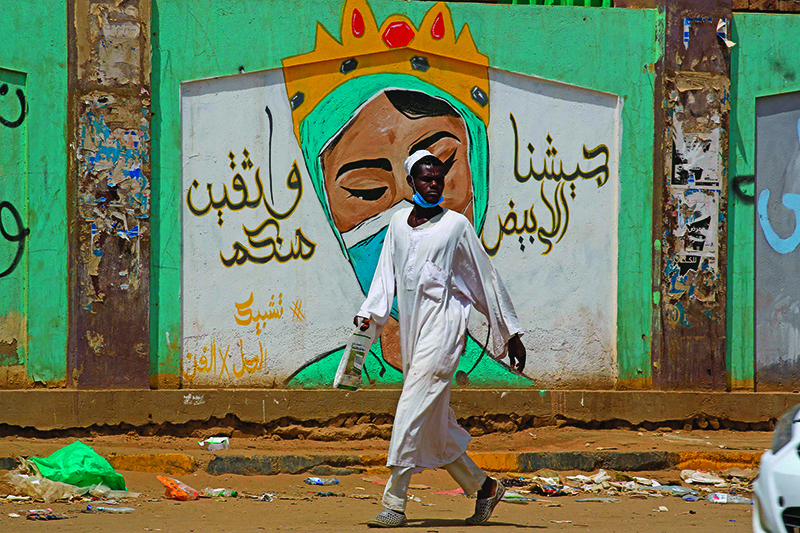
KHARTOUM: Sudan is to allow non-Muslims to drink alcohol for the first time in decades and has scrapped laws that had made leaving Islam potentially punishable by death, the justice minister said. The raft of amendments comes a year after Islamist dictator Omar Al-Bashir was toppled following mass protests against his three-decade rule.
Sudan now “allows non-Muslims to consume alcohol on the condition it doesn’t disturb the peace and they don’t do so in public,” Justice Minister Nasredeen Abdulbari said in an interview Saturday evening on state television. While Islamic tradition forbids the faithful from drinking, Muslim-majority Sudan has a significant Christian minority. Alcoholic drinks have been banned since former President Jaafar Nimeiri introduced Islamic law in 1983, throwing bottles of whisky into the Nile in the capital Khartoum.
Abdulbari, part of an transitional government that took power after Bashir’s ouster, also announced that converting from Islam to another religion would be decriminalized. “No one has the right to accuse any person or group of being an infidel... this threatens the safety and security of society and leads to revenge killings,” he said. Many Muslim-majority countries apply Islamic laws making leaving the faith punishable by death.
Bashir, who had enforced such rules after coming to power in an Islamist-backed 1989 coup, was toppled by the army following mass protests over the country’s worsening economic crisis. Sudan’s transitional government, installed under a deal between protest leaders and the generals who took charge after Bashir’s ouster, has pursued a string of reforms including on Friday criminalizing female genital mutilation. Women will also no longer need a permit from male members of their families to travel with their children.
A constitution adopted for the three-year transition period omits mention of Islam as a defining characteristic of the state. Official figures say Christians represent only three percent of Sudan’s 40 million inhabitants, although Christian leaders say the real figure is much higher. Human rights groups regularly condemned the toppled autocrat’s treatment of non-Muslims, especially the Christian minority. Copts, Catholics, Anglicans and a number of other denominations are present in the country but Bashir’s regime had driven many of them underground. — Agencies









